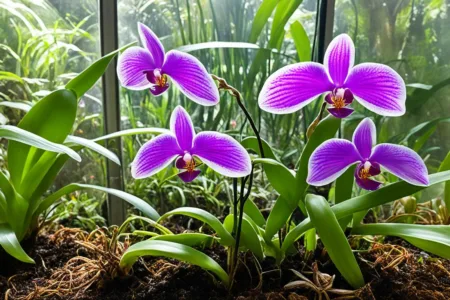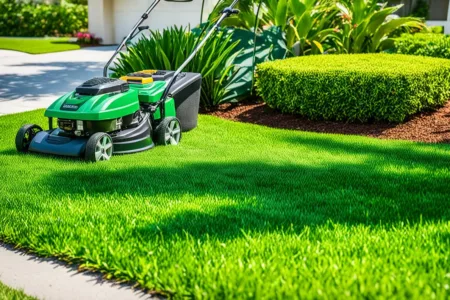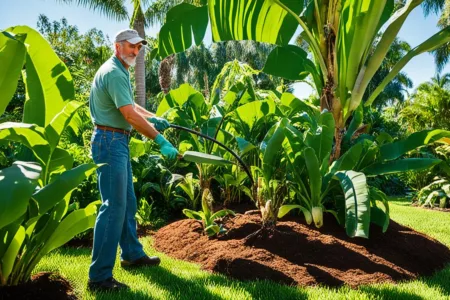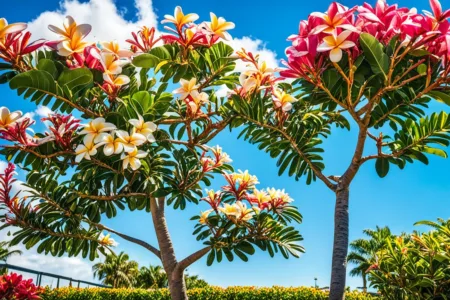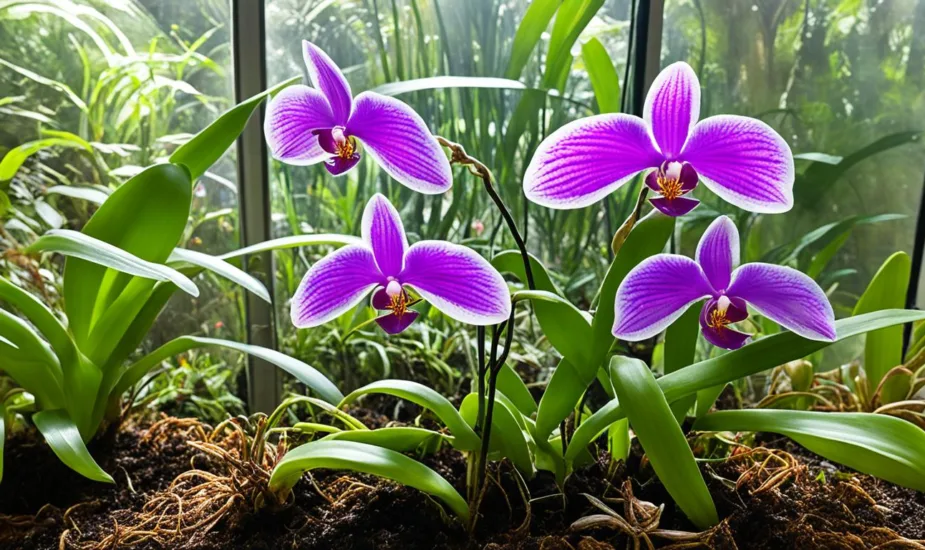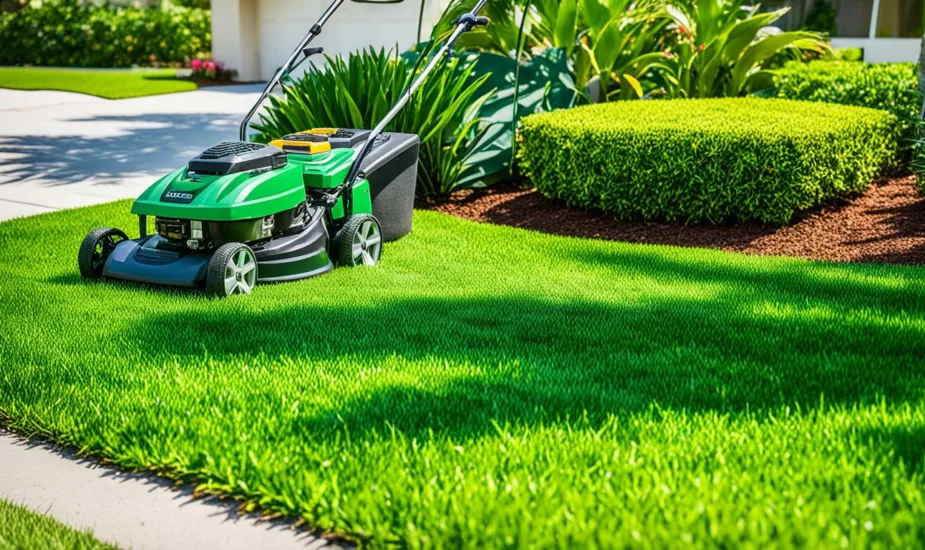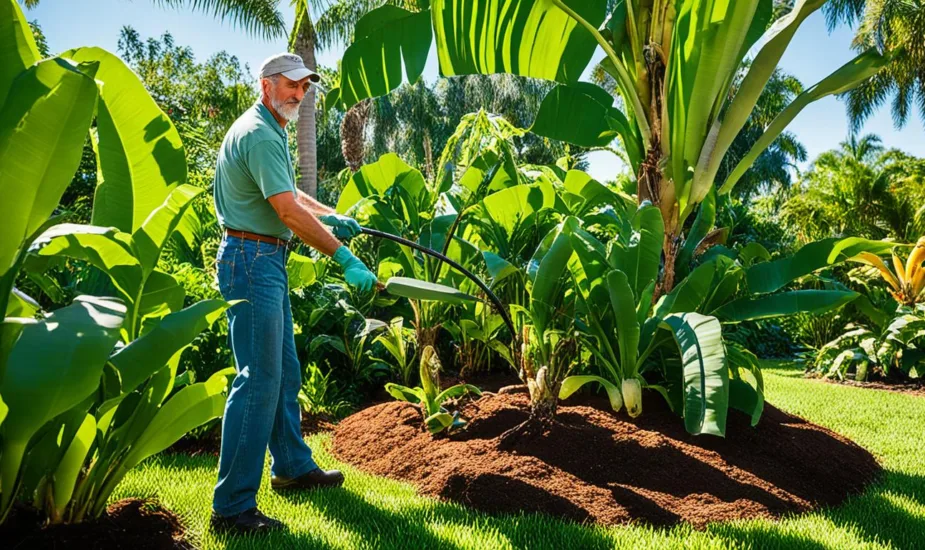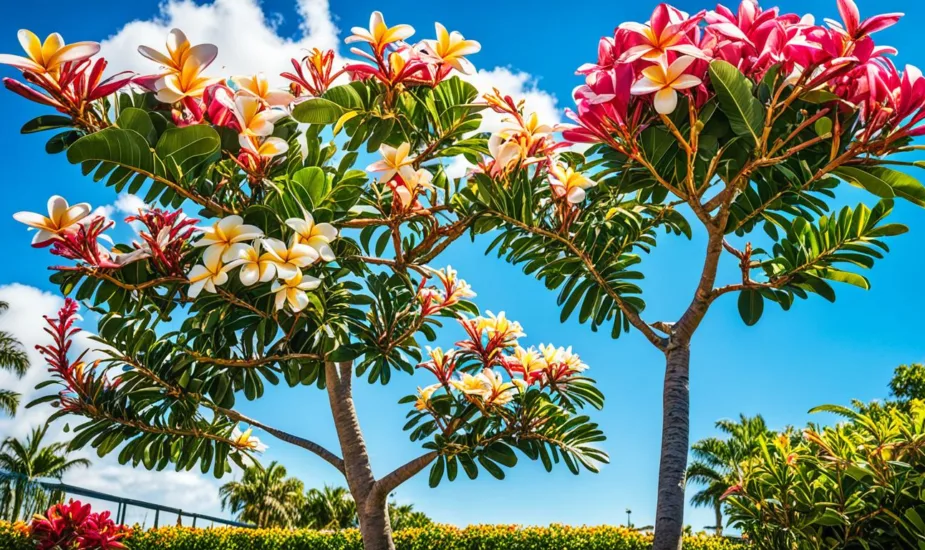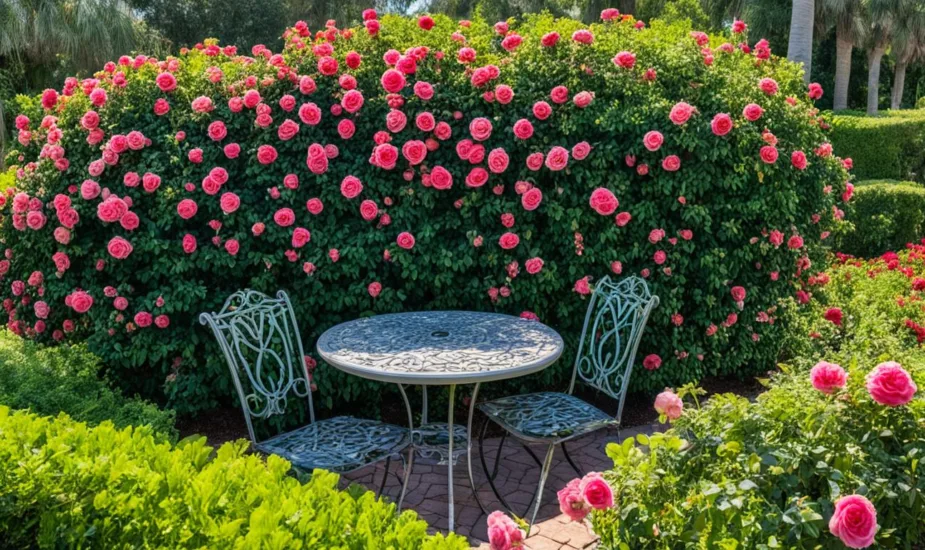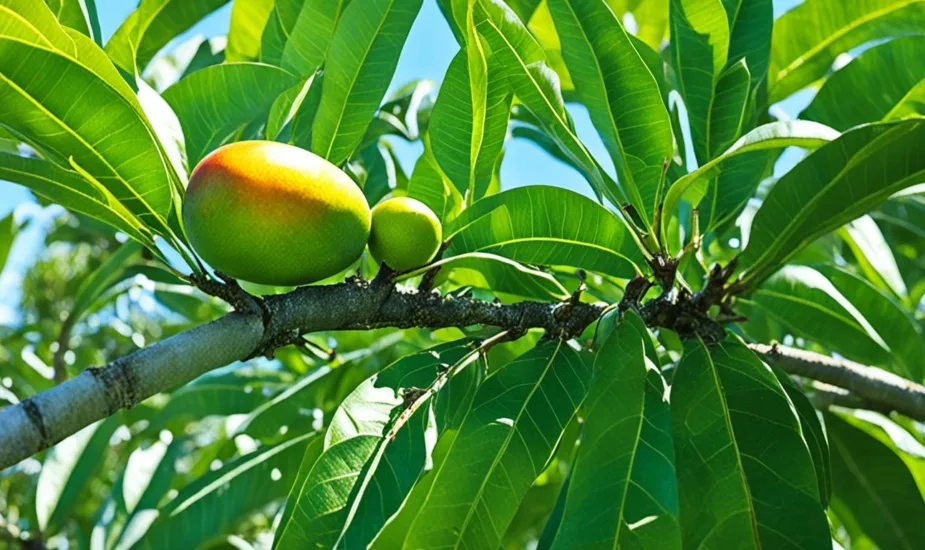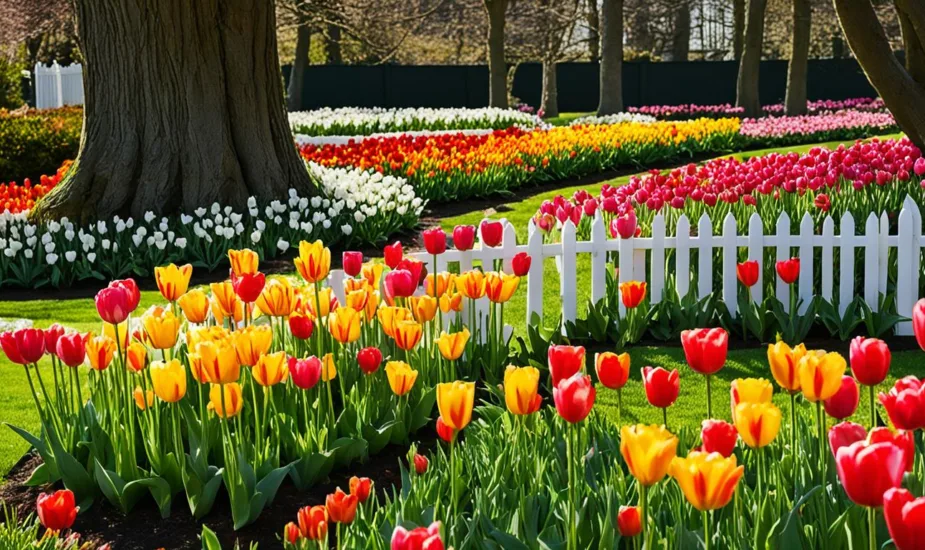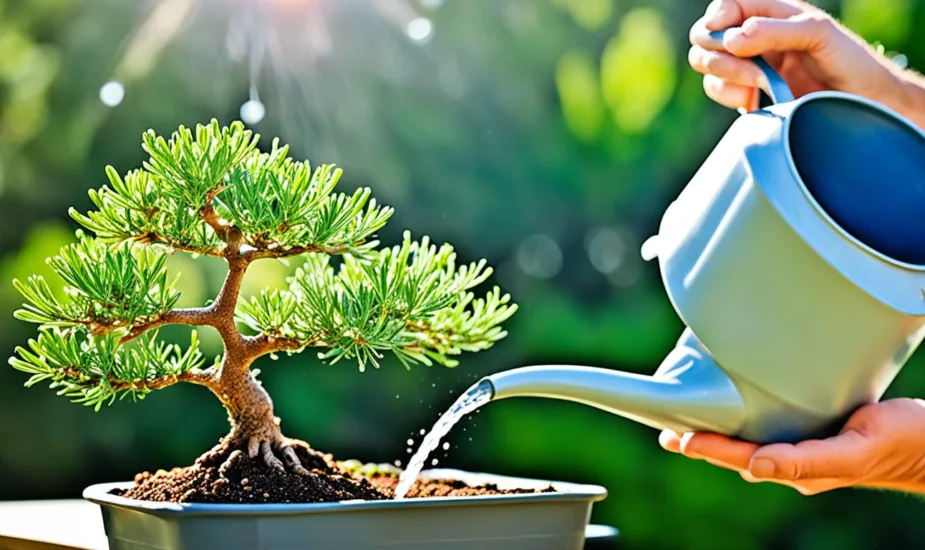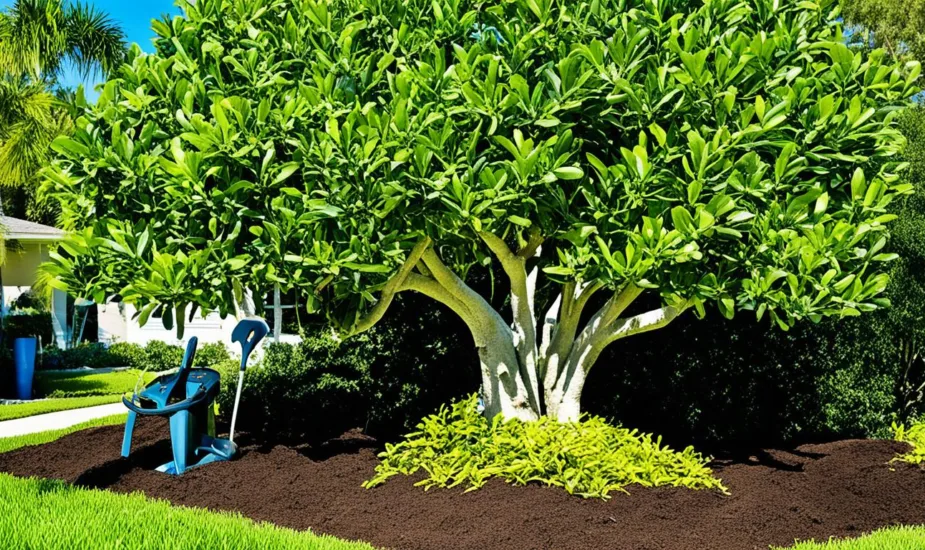Thrive Tropical: Can Bonsai Trees Grow in Florida?
If you're an aspiring bonsai enthusiast in Florida, you might be wondering if these intricate miniatures can thrive in the state's unique environment.
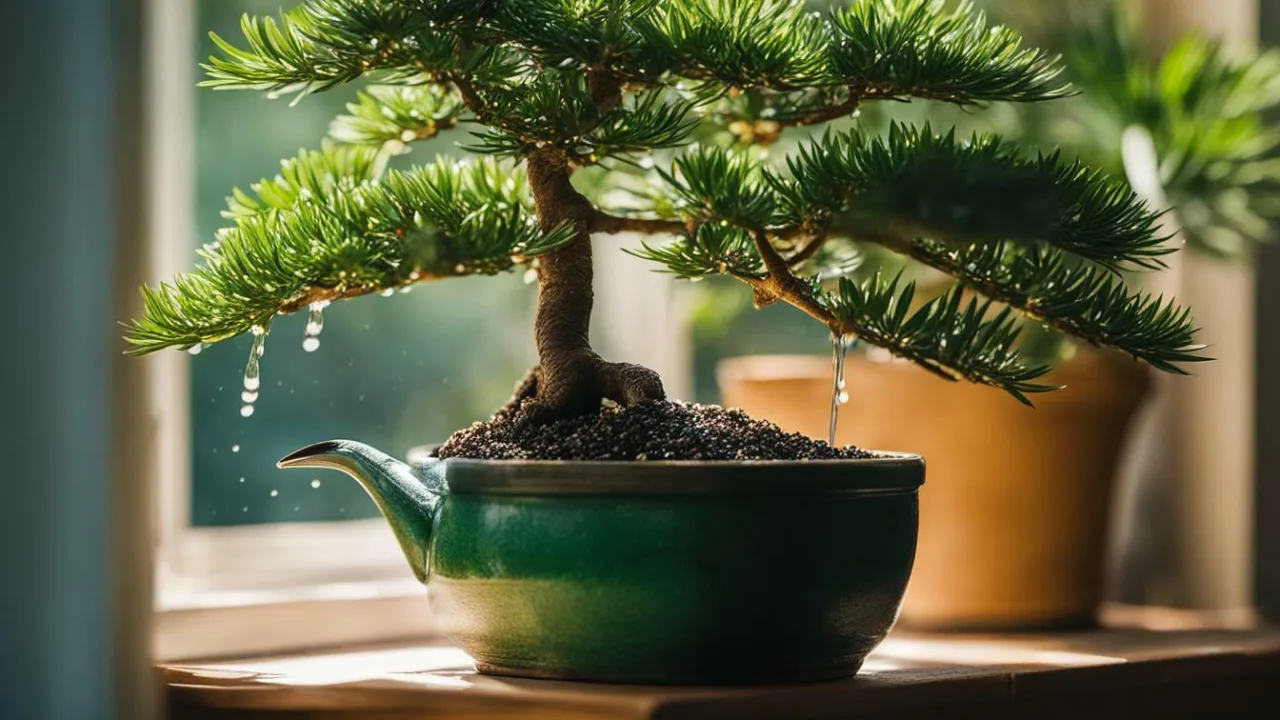
Well, I’m here to tell you that bonsai trees can indeed grow and flourish in the Sunshine State, with a little bit of care and attention. In this article, we will explore the possibility of growing bonsai trees in Florida and provide you with essential tips for their care in this tropical paradise.
Best Bonsai Trees for Florida: Tips for Bonsai Gardening in the Sunshine State
When considering bonsai gardening in Florida, it’s important to select tree species that can adapt well to the state’s specific climate conditions. With its abundant rainfall and humidity, Florida provides an ideal environment for tropical and subtropical bonsai species. These trees are better suited for indoor cultivation, allowing you to enjoy the beauty of bonsai year-round.
Some of the best bonsai tree species for Florida include the Ficus, Bougainvillea, Schefflera, Podocarpus, Juniper, Buttonwood, Natal Plum, Japanese Black Pine, and Bald Cypress. These species are known for their resilience and ability to withstand the state’s high humidity levels. Each species has its own unique characteristics, making them suitable for different bonsai styles and designs.
Table 1: Best Bonsai Trees for Florida
| Bonsai Tree Species | Preferred Bonsai Style | Characteristics |
|---|---|---|
| Ficus | Informal Upright | Small leaves, aerial roots |
| Bougainvillea | Cascade | Colorful flowers, thorny branches |
| Schefflera | Group Planting | Umbrella-shaped leaves |
| Podocarpus | Slanting | Dense foliage, small needles |
Quote: “The unique climate and diverse native tree species in Florida create an excellent opportunity for bonsai artists to showcase their creativity and design skills.” – John Smith, Bonsai Enthusiast
Proper care is crucial for the successful cultivation of bonsai trees in Florida. Regular watering, fertilization, and protection from extreme weather conditions are essential. It is important to monitor the moisture levels in the soil and adjust watering accordingly. Fertilize your bonsai trees regularly, following the specific requirements of each species. Additionally, provide protection from strong winds and excessive heat by placing your bonsai in a suitable location or using shade cloth when necessary.
By selecting the right bonsai tree species and providing proper care, you can create stunning bonsai designs that thrive in Florida’s unique climate. Whether you’re a beginner or an experienced bonsai gardener, Florida offers a wide variety of options to explore and enjoy the beauty of these miniature trees.

| Bonsai Tree Species | Preferred Bonsai Style | Characteristics |
|---|---|---|
| Juniper | Windswept | Bending, twisted branches |
| Buttonwood | Root Over Rock | Flaky bark, exposed roots |
| Natal Plum | Formal Upright | Small white flowers, dense foliage |
| Japanese Black Pine | Bunjin | Twisted trunk, long needles |
| Bald Cypress | Water/Ikadabuki | Knee-like roots, feather-like foliage |
In conclusion, Florida’s unique climate and diverse tree species make it an ideal location for bonsai gardening. With the right species selection and care, you can create stunning bonsai designs that thrive in the Sunshine State. Whether you prefer tropical or subtropical bonsai species, Florida offers a wide range of options to explore and showcase your creativity. Embrace the beauty of bonsai in Florida and enjoy the art of miniature tree cultivation.
Florida’s Unique Climate and Bonsai Care
Florida’s abundant rainfall, humidity, and diverse native tree species create a unique environment for bonsai trees to flourish. The state’s geography, with varying elevations and soil types, offers bonsai enthusiasts a wide range of options for creating captivating designs. The presence of water and variations in hydroperiods contribute to the diversity of Florida trees, which can be replicated in bonsai form. Whether it’s the upland areas with sandy soil or the wetland environments with wide bases and surface roots, each region in Florida has its own distinct native species, providing ample inspiration for bonsai artists.
With approximately 3,000 tree and shrub species thriving in Florida’s climate, it is essential to choose the right bonsai species based on the local weather conditions and the tree’s natural habitat. Tropical and subtropical bonsai species are particularly well-suited for indoor cultivation in Florida, where the climate can be controlled to mimic their native environment. Popular choices for indoor bonsai include Ficus, Bougainvillea, Schefflera, and Podocarpus, each offering its unique aesthetic appeal.
For outdoor bonsai in Florida, species like Juniper, Buttonwood, Natal Plum, Japanese Black Pine, and Bald Cypress are commonly chosen. These species have proven to adapt well to the state’s climate and can withstand the region’s occasional colder temperatures. However, it is crucial to provide proper care to ensure their successful cultivation. This includes regular watering, as Florida’s climate provides ample rainfall, but it is essential to monitor the moisture levels and avoid overwatering. Fertilization at appropriate intervals and protection from extreme weather conditions, such as hurricanes or prolonged droughts, are also crucial factors to consider when caring for bonsai trees in Florida.
Florida Native Tree Species Suitable for Bonsai
| Species | Characteristics |
|---|---|
| Live Oak (Quercus virginiana) | Tolerant of wind and salt spray; known for its twisting branches and dense foliage. |
| Bald Cypress (Taxodium distichum) | Tall, slender tree with delicate, needle-like foliage; adapts well to wetland environments. |
| Southern Magnolia (Magnolia grandiflora) | Large, evergreen tree with glossy leaves and fragrant white flowers; suitable for creating elegant bonsai designs. |

In conclusion, Florida’s unique climate, abundant rainfall, and diverse native tree species offer an excellent environment for cultivating bonsai trees. With careful selection of suitable species, proper care, and attention to the local climate conditions, bonsai enthusiasts can create stunning miniature landscapes that capture the essence of Florida’s natural beauty.
Essential Care Tips for Bonsai Trees in Florida
To ensure the successful cultivation of bonsai trees in Florida, it is crucial to provide proper care that caters to the specific needs of these miniature masterpieces. The unique climate of Florida, characterized by abundant rainfall and humidity, requires bonsai enthusiasts to pay close attention to watering and protection from extreme weather conditions.
One essential care tip is to water your bonsai tree regularly, especially during the hot and dry summer months. The frequency of watering may vary depending on the specific species, pot size, and environmental conditions. It is important to check the moisture level of the soil regularly and adjust your watering schedule accordingly. Remember to water your bonsai thoroughly to ensure the roots receive adequate hydration.
Another crucial aspect of bonsai care in Florida is protection from extreme weather conditions. While the warm climate can be beneficial for bonsai growth, it is important to protect your trees from intense sunlight, strong winds, and temperature fluctuations. Consider placing your bonsai in a location that provides partial shade during the hottest part of the day. You can also use shade cloth or move your bonsai indoors during extreme weather conditions.
| Bonsai Care Tips for Florida | |
|---|---|
| Water your bonsai regularly, adjusting the frequency based on the specific species and environmental conditions. | Remember to water thoroughly to ensure adequate hydration of the roots. |
| Protect your bonsai from intense sunlight, strong winds, and temperature fluctuations. | Consider providing partial shade or moving indoors during extreme weather conditions. |
| Fertilize your bonsai regularly to provide essential nutrients for healthy growth. | Use a balanced fertilizer and follow the manufacturer’s instructions for proper application. |
In addition to watering and protection, fertilization is also important for the health and vitality of your bonsai trees. Regularly fertilizing your bonsai provides essential nutrients that may be lacking in the soil. Choose a balanced fertilizer specifically formulated for bonsai trees and follow the manufacturer’s instructions for proper application. Fertilize your bonsai during the growing season to support healthy growth and development.
By following these essential care tips, you can create a thriving bonsai garden in Florida. Remember to choose bonsai tree species that are well-suited for the local climate and consider their natural habitat for optimal growth. With the right care and attention, your bonsai trees will flourish, bringing beauty and serenity to your garden.
Conclusion
In conclusion, bonsai trees can be grown and nurtured in Florida’s unique climate by selecting suitable species and providing the necessary care. The state’s diverse range of native tree species offers bonsai enthusiasts a wide array of options for creativity. Florida’s geography, with its different elevations and soil types, contributes to the unique shapes and sizes of trees, which can be replicated in bonsai designs.
The presence of water and variation in hydroperiods further adds to the diversity of Florida trees. Different regions in Florida have their own distinct native species, allowing bonsai artists to choose from a variety of options. Some species thrive in upland areas with sandy soil, while others adapt to wetland environments with wide bases and surface roots.
The unique climate of Florida, with its abundant rainfall and humidity, provides an ideal environment for the growth of bonsai trees. Approximately 3,000 tree and shrub species can thrive in the state, making it a suitable location for bonsai cultivation. When selecting bonsai species, it is important to consider the local climate and choose tropical and subtropical varieties for indoor cultivation, while outdoor bonsai can include species like Ficus, Bougainvillea, Schefflera, Podocarpus, Juniper, Buttonwood, Natal Plum, Japanese Black Pine, and Bald Cypress.
To ensure successful cultivation, proper care is essential. Regular watering, fertilization, and protection from extreme weather conditions are crucial for the health and growth of bonsai trees in Florida. By providing the necessary care and selecting suitable species, bonsai enthusiasts can create beautiful and thriving miniature trees in the Sunshine State.
FAQ
Can bonsai trees grow in Florida?
Yes, bonsai trees can grow in Florida. The diverse range of native tree species and unique climate in the state make it an ideal location for bonsai enthusiasts.
What are the best bonsai trees for Florida?
Some of the best bonsai tree species for Florida include Ficus, Bougainvillea, Schefflera, Podocarpus, Juniper, Buttonwood, Natal Plum, Japanese Black Pine, and Bald Cypress.
How should I care for bonsai trees in Florida?
Proper care for bonsai trees in Florida includes regular watering, fertilization, and protection from extreme weather conditions. It is important to choose species that are suitable for the local climate and consider the tree’s natural habitat.
 Little Garden Tips
Little Garden Tips
